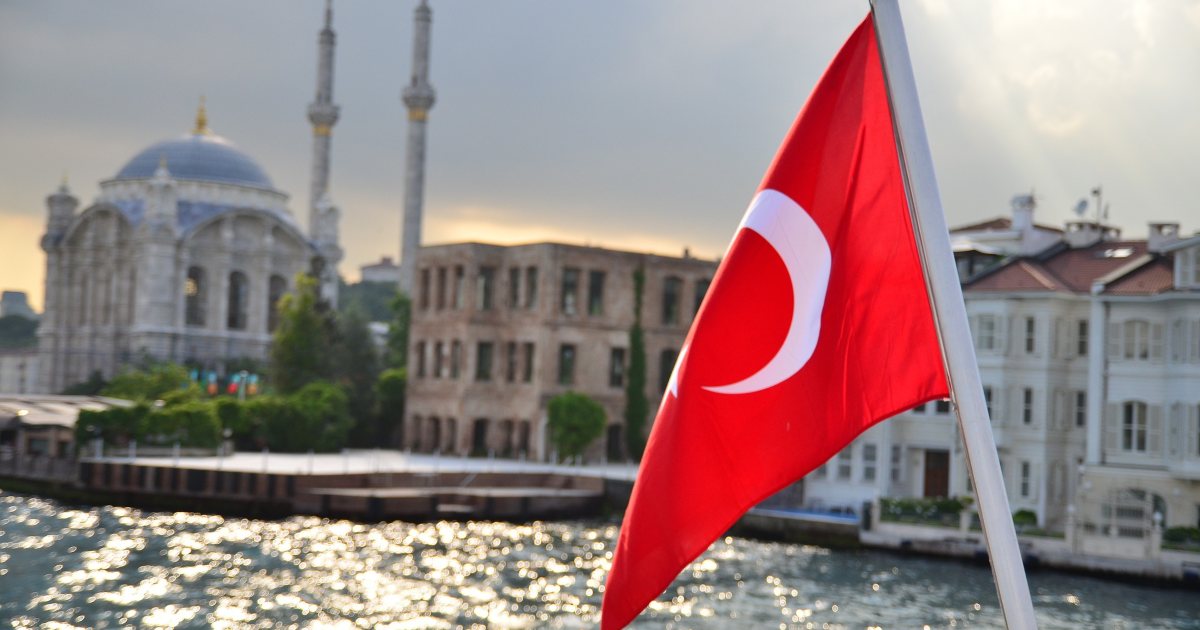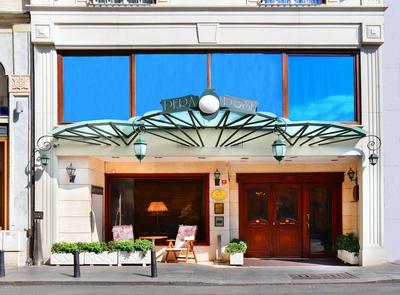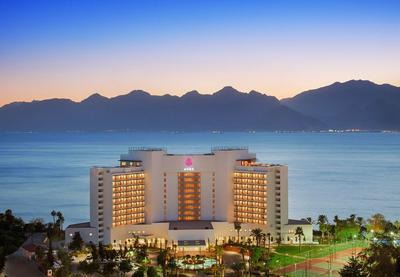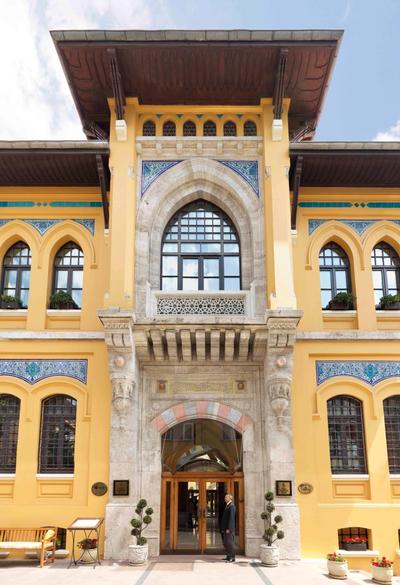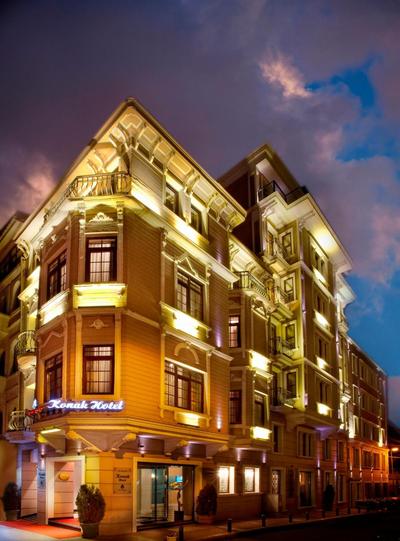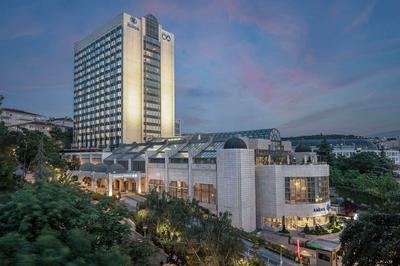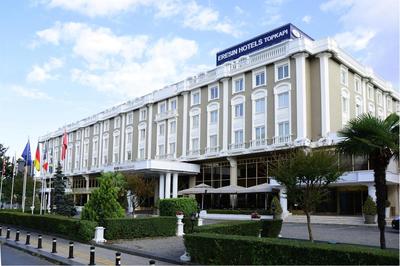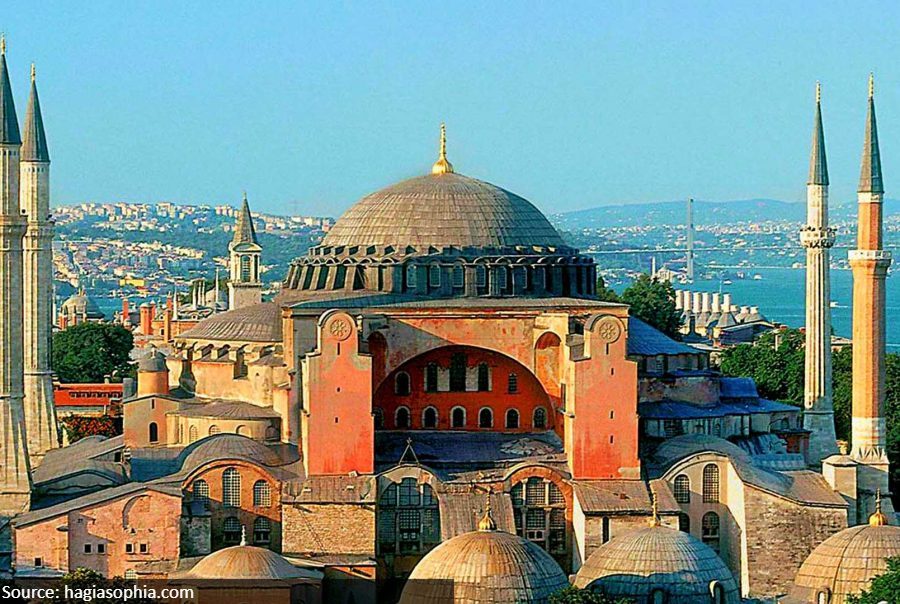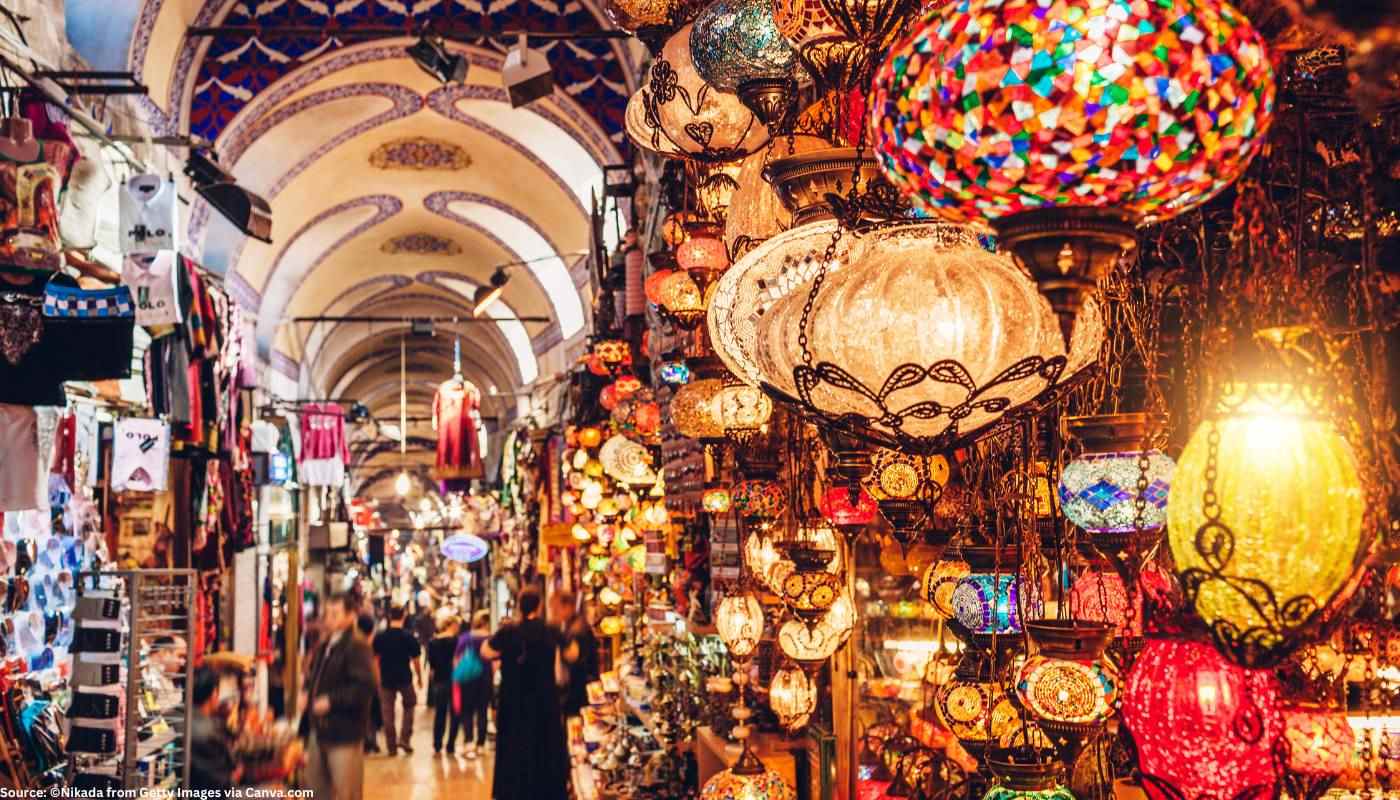When to visit Turkey during the year?
Turkey boasts diverse climates, from Mediterranean coasts to the mountainous interior, making it a year-round destination. The summer months (June to August) attract beachgoers to popular seaside resorts like Bodrum, Antalya, and Fethiye. Winter (December to February) is perfect for ski lovers visiting places like Uludağ or Palandöken. Spring (March to May) showcases natural beauty with blooming flowers in Cappadocia and mild weather for sightseeing. Autumn (September to November) is marked by pleasant temperatures ideal for exploring ancient ruins and city life in Istanbul and Ephesus.
How to get to Turkey?
Reaching Turkey is quite convenient due to its strategic location bridging Europe and Asia. With several international airports and efficient land connections, you can arrive easily by various means of transport.
- Main airports include Istanbul Airport (IST), Ankara Esenboğa Airport (ESB), and Antalya Airport (AYT), with IST being a major hub for international flights.
- Direct flights connect major cities worldwide, including New York (JFK), London (Heathrow), and Beijing (PEK).
- Low-cost options are available through airlines like Pegasus and Atlasjet.
- Flight times vary, for instance, from London to Istanbul (about 3.5 hours), New York to Istanbul (about 12 hours), and Dubai to Istanbul (about 4 hours).
- Main stations in Istanbul (Harem and Esenler) connect to cities like Ankara, Izmir, and Bursa.
- Regular bus services link major tourist destinations, offering a scenic journey through the countryside.
- International trains include routes from Bulgaria and Greece, notably the Sofia-Istanbul train.
- Travel times vary; for example, Sofia to Istanbul takes about 10 hours.
- Key highways like the E80 connect Turkey to neighboring countries, including Greece and Bulgaria.
- Driving from Sofia to Istanbul is around 6-7 hours, while from Athens, it takes about 10 hours.
- Tolls are common on many highways; road conditions are generally good.
Tourist activities in Turkey
Turkey is a treasure trove of activities suited to every traveler's tastes, balancing stunning landscapes, rich history, and vibrant culture.
For beach lovers, the turquoise coast around Antalya and Bodrum offers crystal-clear waters, historical sites like the ancient city of Telmessos, and plenty of water sports. If you're into history, exploring Ephesus, one of the best-preserved ancient cities, should be on your list. Istanbul's Hagia Sophia and Topkapi Palace tell tales of a glorious past shaped by various civilizations.
For nature enthusiasts, Cappadocia is renowned for its unique rock formations and hot air balloon rides at sunrise. Adventure seekers can hike the Lycian Way or visit Mount Ararat. Additionally, Turkey's nightlife is vibrant in cities like Istanbul and Bodrum, with plenty of clubs, bars, and traditional performances showcasing Turkish music and dance.
Finally, local festivals such as the Whirling Dervishes Festival in Konya and Galata Tower concerts highlight Turkey's diverse culture and traditions.
Accommodation in Turkey
Turkey offers a wide range of accommodations to suit various budgets and preferences. From luxurious five-star hotels perched along the Bosphorus to charming boutique hotels in historical neighborhoods, there’s something for everyone. Popular areas like Sultanahmet in Istanbul provide easy access to attractions with many options from budget hostels to upscale hotels. In coastal cities, resorts often cater to families and beachgoers, featuring all-inclusive packages.
Average prices vary significantly; in Istanbul, you can find hotel rooms ranging from $30 for budget options to $150 or more for luxurious stays. In tourist hotspots like Bodrum and Antalya, prices can soar in summer, with mid-range hotels averaging around $60-$120 per night.
Seasonal variations can also influence rates, especially during peak summer months when advance booking is advisable for better deals.
Food in Turkey
Turkish cuisine is a delightful fusion of flavors, influenced by its rich history and geographical diversity. Famous for its traditional dishes like kebabs, mezes, and baklava, each meal is an experience in itself. You can't leave Turkey without trying a doner kebab or a bowl of hearty lentil soup. Seafood is abundant along the coast, especially in cities like Bodrum and Izmir.
Average meal prices range from $5 for street food to $30 for a dining experience in restaurants. Local drinks like ayran (yogurt drink) and Turkish tea complement meals beautifully. Markets, street vendors, and local eateries can offer genuine tastes of the region and are great places to explore Turkish hospitality.
Important numbers and information
- Police: 155
- Ambulance: 112
- Fire Brigade: 110
- Embassy (USA): US Embassy, 110 Atatürk Boulevard, Kavaklıdere, Ankara
- Embassy (UK): British Embassy, 1 St. John's Street, Çankaya, Ankara
- Currency: Turkish Lira (TRY)
- Payment Methods: Credit cards widely accepted in urban areas; cash preferred in rural regions
- Visa/Passport Regime: Visa required for many nationalities; check specific requirements before traveling
What to see in Turkey?
Turkey is a land of stunning attractions, blending history, culture, and natural beauty. Start with Istanbul, where the Hagia Sophia and Blue Mosque stand testament to its rich past. The bustling Grand Bazaar offers an authentic shopping experience filled with colors and aromas.
In Cappadocia, behold unique rock formations and enjoy a hot air balloon ride for breathtaking views. The ancient ruins of Ephesus serve as an unforgettable reminder of Rome's reach, while Pamukkale's terraces provide picturesque landscapes that feel like stepping into a dream.
Lastly, visit the coastal resorts of Bodrum and Fethiye for some relaxing beach time or explore the ancient city of Troy in northwestern Turkey. Each destination is a gem that enhances the appeal of this extraordinary country.
History, geography and climate
Turkey's history is marked by powerful empires, including the Hittites, Byzantines, and Ottomans, each leaving a rich legacy evident in its architecture and culture. Geographically, Turkey spans both Europe and Asia, with diverse landscapes ranging from the majestic Taurus mountains to the beautiful Aegean and Mediterranean coasts.
The country's climate varies greatly: coastal areas enjoy a Mediterranean climate with hot, dry summers and mild, wet winters. In contrast, regions like Eastern Anatolia experience a continental climate with cold winters and moderate summers, with average temperatures ranging from 5°C in winter to 30°C in summer. This climate allows for a range of outdoor activities throughout the year.
Population and culture
Turkey has a population of approximately 84 million, creating a diverse society with a mix of ethnicities, languages, and religions. While Turkish is the official language, various minority languages highlight the country’s rich cultural mosaic. Islam is the predominant religion, shaping many aspects of daily life and traditions.
Turkey celebrates numerous cultural events and holidays, such as Eid al-Fitr and National Sovereignty and Children’s Day, showcasing its unique heritage. Traditional Turkish art forms, including carpet weaving, calligraphy, and ceramics, reflect the intricate craftsmanship passed down through generations.
Cuisine continues to play a pivotal role in Turkish life, and communal gatherings often center around food, illustrating the importance of hospitality in Turkish culture.

